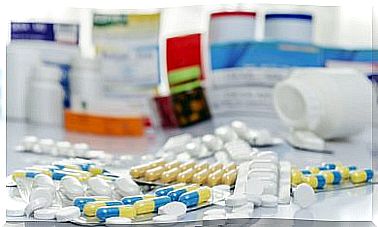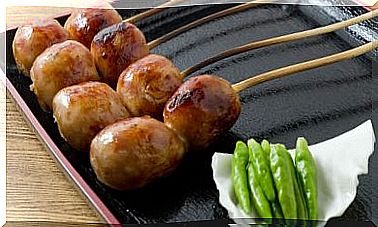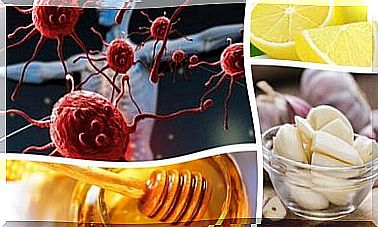Diabetes And Hypertension: What Can I Eat?
If you suffer from diabetes and hypertension, it is important that you include foods low in sodium and glucose, such as vegetables and fruits, in your diet.
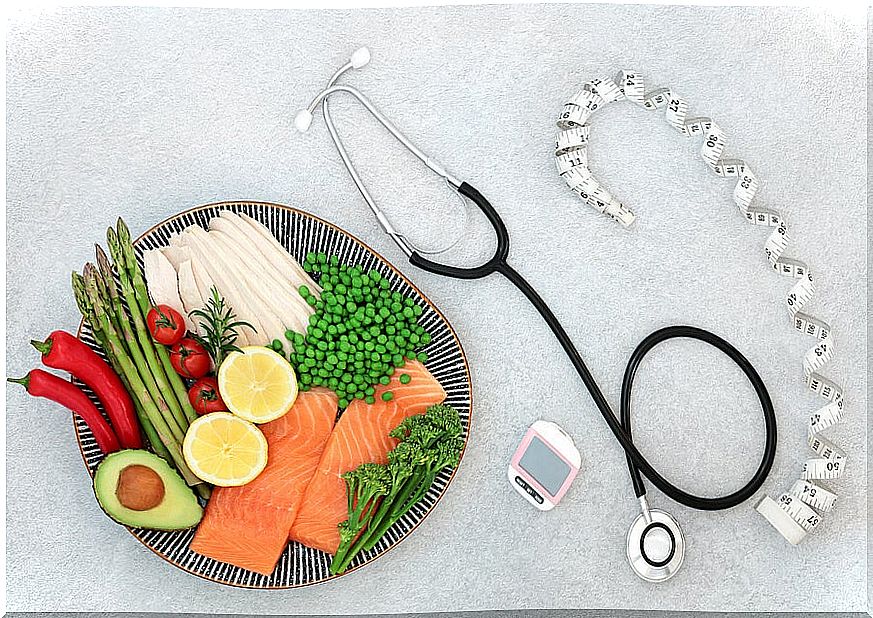
Many people have diabetes and hypertension and may find it very difficult to follow a diet that does not include salt or sugar. However, they should know that it is possible to do it without giving up the good taste. Many times, the key is in the way you enjoy certain foods.
For example, carrots can be eaten, but preferably raw, since when cooked they tend to be rich in glucose.
It is possible to eat a healthy diet according to the needs of both conditions, without depriving yourself of the good taste. Here we tell you what you can eat if you suffer from diabetes and hypertension. Take aim!
Tips for diabetics and hypertensive
It is very important to respect the recommendations of medical specialists regarding what can and cannot be eaten, or the foods that are better to reduce and avoid.
In addition to maintaining a good diet, there are habits that can make the difference between having a healthy life or one in which the symptoms of diabetes or hypertension do not allow a normal life.
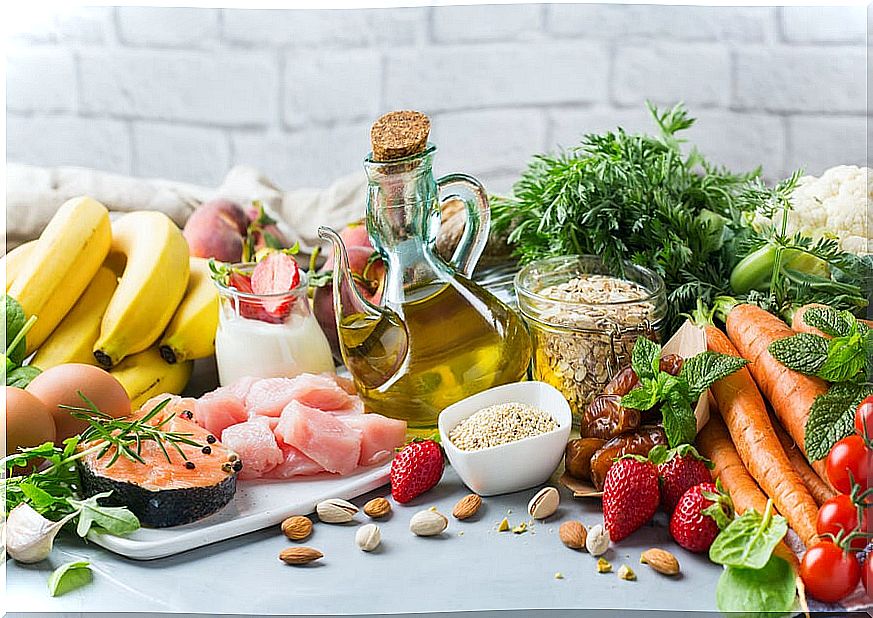
Some recommendations that should be taken into account that, when developing a meal plan, the ideal is to do it together with a nutritionist and your doctor. The following should also be considered:
- Avoid bad habits, such as sedentary lifestyle, alcoholism and smoking.
- It is not advisable to consume alcohol, due to its high sugar content.
- Do not eat (neither in large quantities nor on a regular basis) foods processed with brine or smoked.
- Reduce the salt in meals and avoid putting salt shakers on the table. Instead of salt, herbs such as oregano or rosemary can be used to season foods.
- Drink water throughout the day, depending on thirst. Hydration plays a fundamental role in well-being.
- Check blood glucose or blood pressure at the same time each day (for example, after breakfast, before lunch, and after napping).
In general, it is essential to be disciplined and consistent when maintaining good lifestyle habits.
Diet for people suffering from diabetes and hypertension
Because both diseases can appear together, but at different times, it would be good to get used to eating a balanced diet.
In the event that you suffer from diabetes and hypertension, you should be more careful with the foods and drinks you eat, but above all with the quantities. Your regimen should be characterized by being low in sodium, fat and carbohydrates. That would be the general rule. As for the foods that you should not forget, we find:
Foods rich in soluble fiber
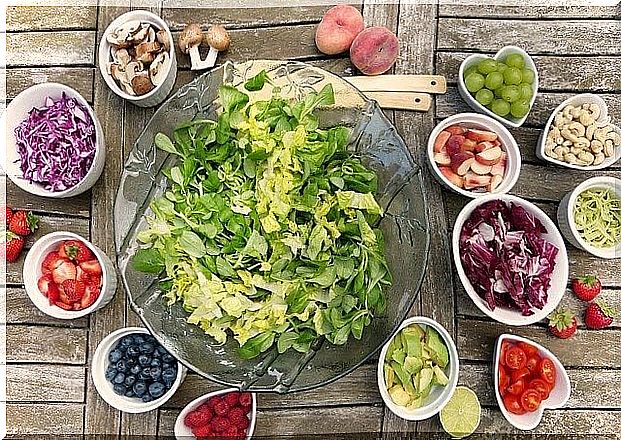
Foods rich in soluble fiber help keep fat levels stable and many of them can be used as a substitute for salt. At the same time, fiber helps prevent constipation and also balances blood pressure.
Among the foods that provide fiber and omega 3 fatty acids (also recommended for diabetics and hypertensive patients) the following can be mentioned:
- Tofu
- Oatmeal.
- Walnuts.
- Salmon.
- Apples
- Carrots
- Flax oil
- Whole grains.
- Dried beans and peas.
Vegetables
A good diet must always contain vegetables, especially if we have diabetes and hypertension. They should be cooked preferably without salt (or with very little) and avoid frying as a method of preparation. Best eaten raw, steamed or baked and seasoned with aromatic herbs and spices.
Fruit
The idea that diabetics cannot eat fruits because they are “sweet” is far from reality. Instead of avoiding them, diabetics should consume them to supplement their diet in a healthy way.
Nutritionist Julio Basulto points out that fresh, whole fruit is recommended for diabetics, because they contain numerous nutrients that contribute to health in general. And contrary to popular belief, they do not harm blood sugar levels or promote overweight.
On the other hand, Dr. Manuel Viso affirms that fruits (whole) can be consumed at any time of the day. They are not fattening because they do not have free sugars and they can provide multiple benefits because they are rich in various nutrients. In addition, they contain fiber and promote intestinal transit.
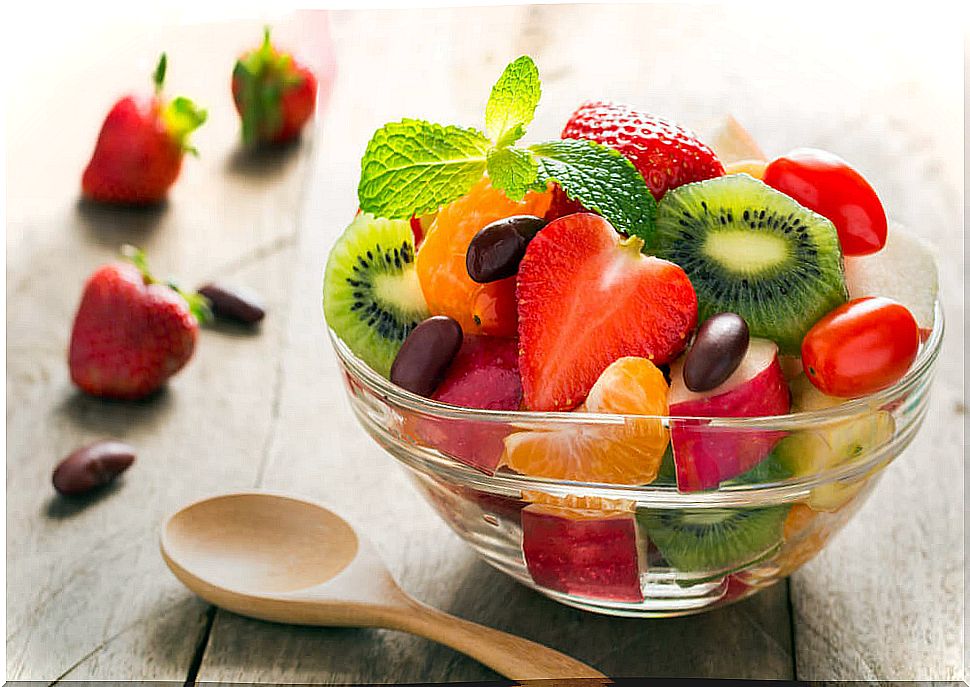
Fish
Eating fish three times a week is very good for your health and perfect for diabetics and hypertensive people. The best option is oily fish, because it provides omega 3 fatty acids that reduce heart problems, as well as vitamins, antioxidants and minerals. They are recommended so that all cells and organs remain in good condition. Among the most recommended we find:
- Tuna.
- Mere.
- Salmon.
- Sardine.
- Mackerel.
- Hake.
Skimmed dairy
Although there are discrepancies around this point, it is generally said that skimmed dairy is a good source of calcium and, by not containing as much fat as whole dairy, it helps control blood sugar. Therefore do not hesitate to consume (all skimmed): milk, cheese, yogurt and butter.
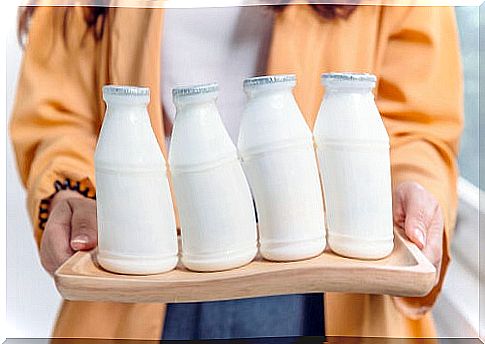
Final Recommendations
Be very careful with processed and frozen foods, because in most cases they contain a lot of salt. You should even pay attention to those foods low in sugar because they contain sodium in their composition (as in the case of certain oatmeal flakes for breakfast).
Pay close attention when shopping and read the labels of each edible product you choose. It will take time at first, but later you will know what is allowed and what is not. For starters, go more to the section of vegetables and fruits than the others and it will be easier for you to choose healthy foods.
Do not forget that, in addition to eating a healthy diet, it is essential to exercise three times a week. Without the need for a very arduous or intense discipline, put aside a sedentary lifestyle and bad habits if you want to live well even if you have diabetes and hypertension.
Finally, comply with all the controls indicated by the doctor (or the professionals you consult). Ask them whatever questions you want, even those that you think are obvious or unreasonable. Bring a list of what you eat for the doctor to assess if it is appropriate.



